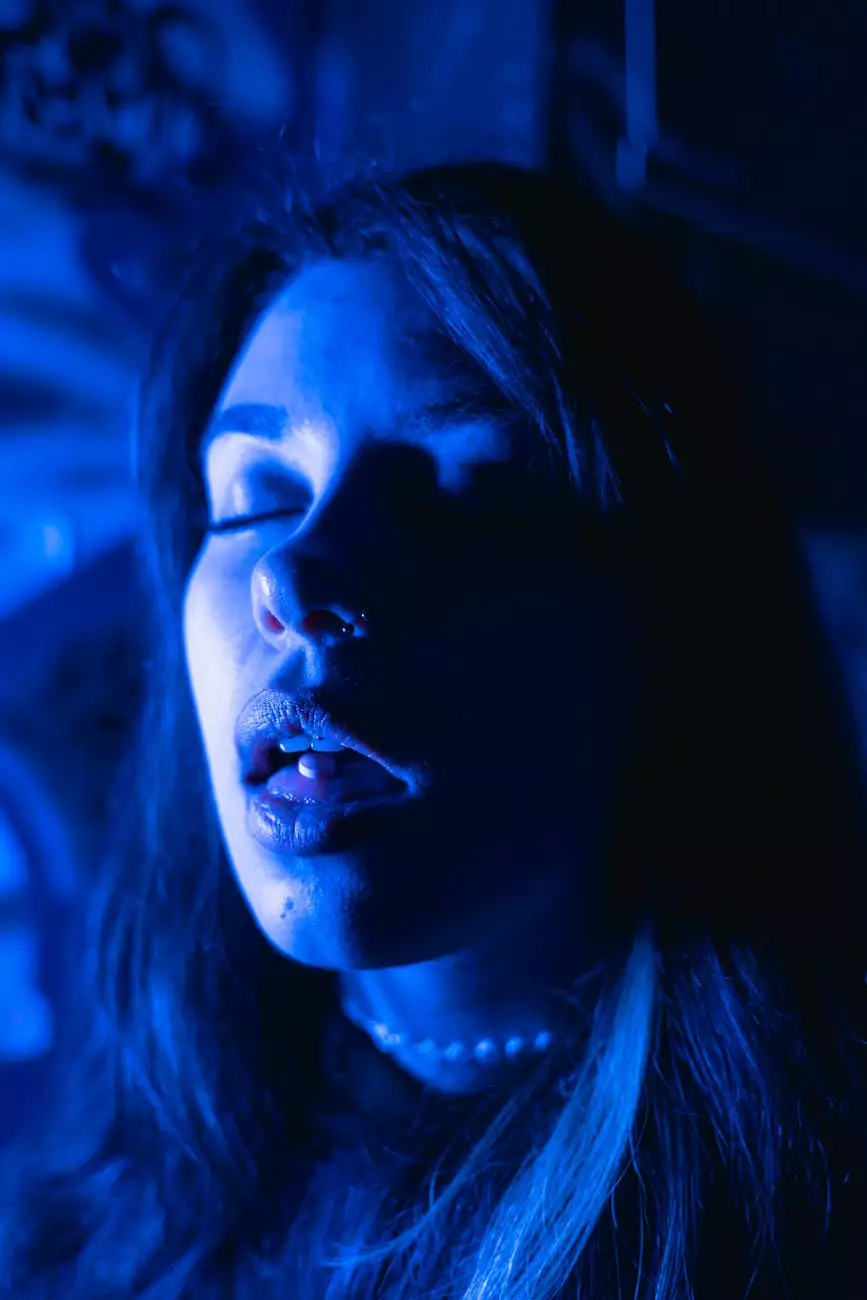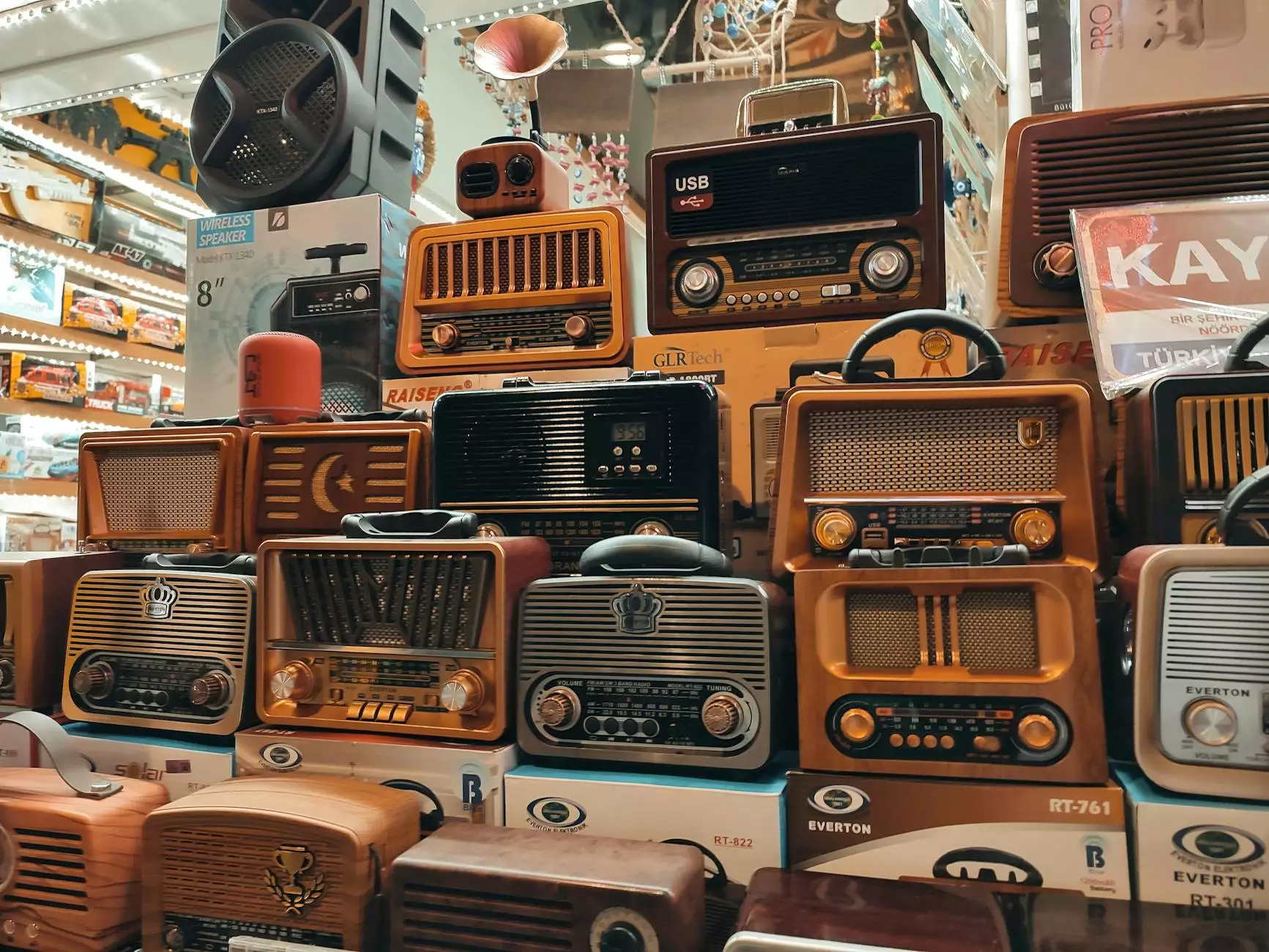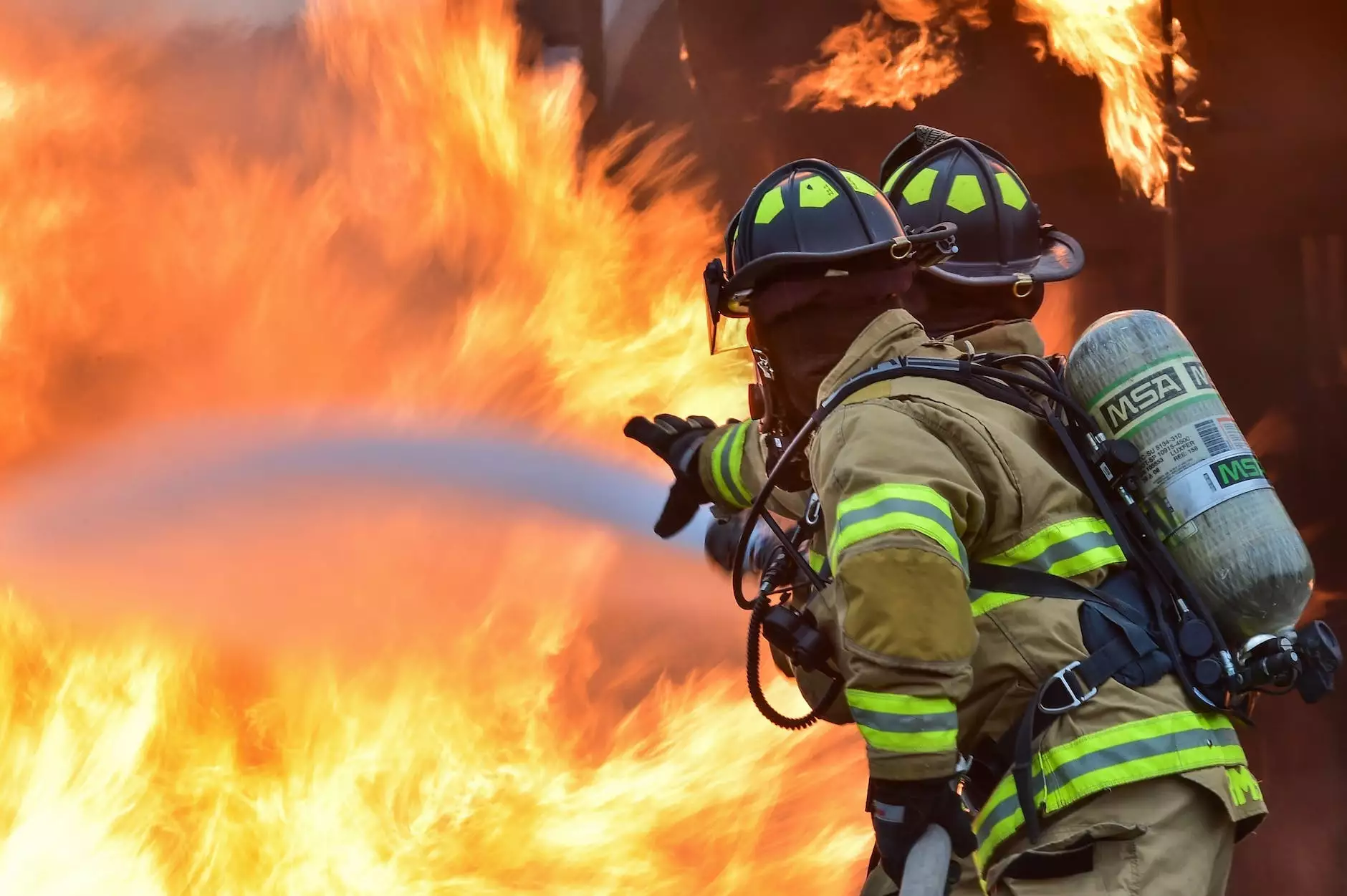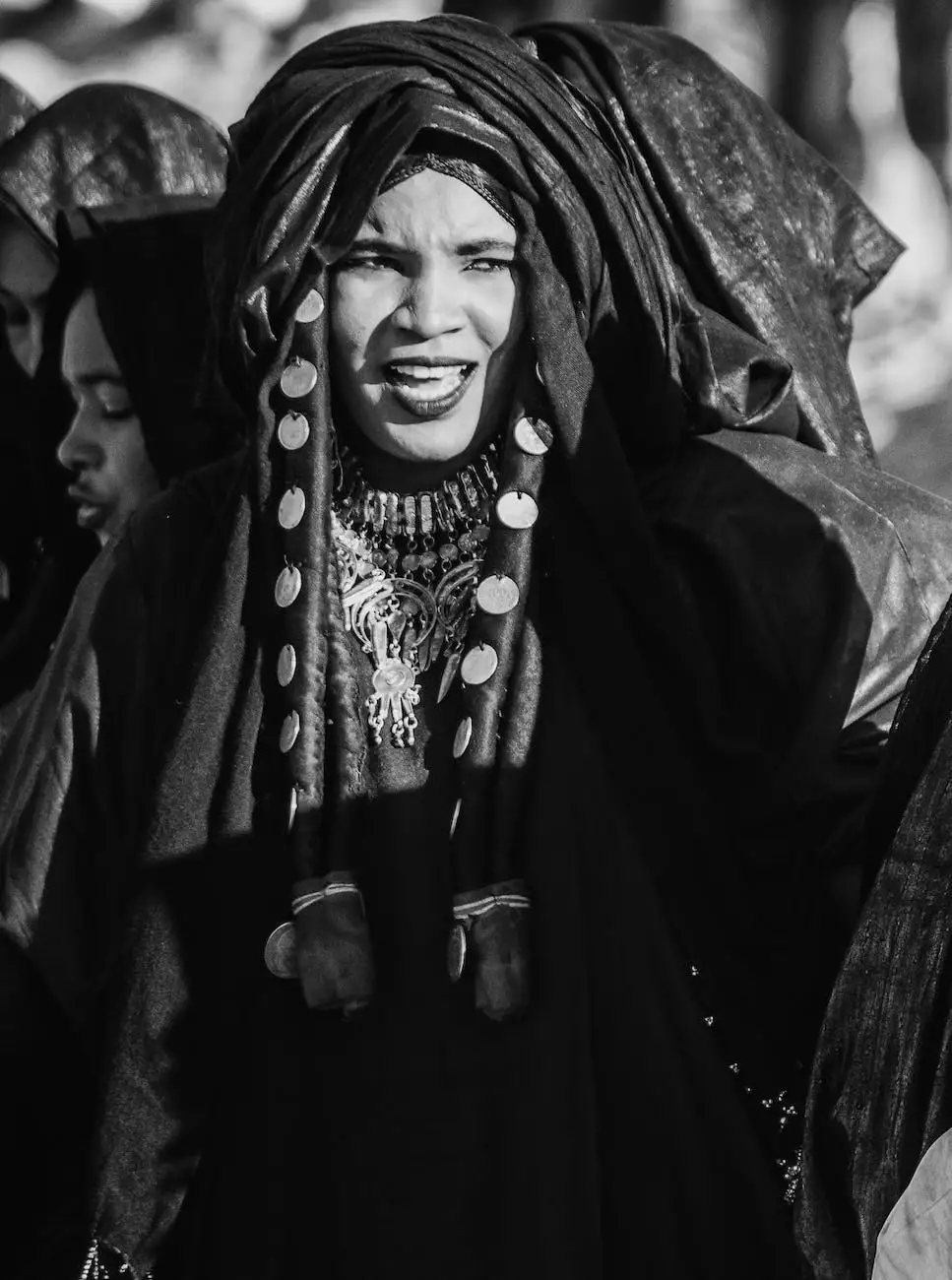The Positive Impact of Drug Addiction Therapy on Fashion, Accessories, and Women's Clothing

Introduction
Drug addiction therapy has become an essential part of many individuals' journeys toward recovery and personal growth. Beyond its direct impact on individuals, drug addiction therapy also has the power to influence various industries, including fashion, accessories, and women's clothing. In this article, we will explore how the fashion industry and related sectors benefit from the positive transformations resulting from drug addiction therapy.
Empowering Personal Transformations
Individuals who have successfully completed drug addiction therapy often experience significant personal transformations. These transformations involve enhanced self-esteem, increased self-awareness, and improved mental and emotional well-being. Such positive changes empower individuals to embrace new paths in life, including career choices, hobbies, and personal style.
Fashion as an Outlet for Expressing Identity
Fashion and style provide individuals with a unique platform to express their identity, creativity, and emotions. For those recovering from addiction, fashion can serve as an outlet to rediscover and redefine their sense of self. By experimenting with different styles and trends, individuals can showcase their newfound confidence and express their unique personality.
Creating New Employment Opportunities
Drug addiction therapy not only helps individuals regain control over their lives but also opens up new employment opportunities. The fashion, accessories, and women's clothing industries are known for their inclusivity and willingness to embrace individuals from diverse backgrounds. Companies and businesses within these industries actively support social reintegration and provide valuable job opportunities to individuals who have successfully completed drug addiction therapy.
Fashion Brands Advocating for Recovery
Several fashion brands and designers have taken a proactive stance by advocating for drug addiction recovery and supporting individuals in their journey towards a healthier lifestyle. These brands collaborate with organizations and initiatives working in the field of drug addiction therapy, supporting their cause through various means such as fundraising, awareness campaigns, and even dedicated fashion lines. By partnering with these organizations, fashion brands encourage conversations around recovery and help break the stigma often associated with addiction.
Creative Expression and Healing
The fashion industry has long relied on creativity as a means of self-expression and healing. For individuals in recovery, fashion becomes a tool for channeling their emotions, telling their stories, and embracing their newfound identities. Whether it be through designing their own clothing, curating unique looks, or engaging in fashion photography, individuals can explore their creativity and find solace in the healing power of fashion.
Impact on Women's Clothing Industry
Drug addiction therapy plays a significant role in empowering women, and its positive impact extends into the women's clothing industry. Recovery and rehabilitation provide women with a renewed sense of confidence, self-worth, and empowerment. As a result, they become more active participants in the fashion world, influencing trends and redefining beauty standards. Addiction survivors often go on to launch their own fashion businesses, promoting body positivity, inclusivity, and mental health awareness.
Supporting Sustainable Fashion
The interconnection between drug addiction therapy and sustainable fashion is becoming increasingly evident. People in recovery develop a deeper appreciation for the environment, health, and ethical practices. As a result, they actively seek out fashion brands that align with their values of sustainability and ethical manufacturing. This influence encourages fashion brands to adopt sustainable practices, promote fair trade, and reduce their environmental footprint, all in an effort to cater to the evolving consumer preferences of individuals in recovery.
Conclusion
The positive impact of drug addiction therapy on the fashion, accessories, and women's clothing industry cannot be overstated. Recovery journeys empower individuals to embrace their unique identities, contribute to society through newfound employment opportunities, and promote positive change within these industries. Fashion becomes a medium of creative expression and healing, allowing individuals in recovery to overcome their past and redefine their future. As fashion brands, businesses, and society as a whole continue to uplift the voices and experiences of those in recovery, we hope to see a more inclusive, sustainable, and supportive industry emerge.




